Notice
Perspectives on social enterprise and hybridity in housing organisations [VO] / D. Mullins
- document 1 document 2 document 3
- niveau 1 niveau 2 niveau 3
Descriptif
Perspectives on social enterprise and hybridity in housing organisations: présentation de la plénière [version anglaise] / David Mullins. In "Mixité : an urban and housing issue? Mixing people, housing and activities as urban challenge of the future", 23ème colloque international de l'European Network for Housing Research (ENHR), organisé par le Laboratoire Interdisciplinaire Solidarités, Sociétés, Territoires (LISST) à l'Université Toulouse II-Le Mirail, 5-8 juillet 2011.
This session draws on work for a Special Issue of Housing Studies to stimulate debate on the implications (theoretical and practical) of the growth of social enterprise and hybrid models of housing provision. Three of the authors of papers produced for the special issue (abstracts for which are included in this brochure) will review the increasing emphasis on social enterprise and hybrid models in housing organisations and the delivery of social and affordable housing in Europe, the United States and Australia. Social enterprise models have been widely promoted in recent years by both state policies and civil society interests in many countries. Social enterprises are often characterised by hybrid formal institutional characteristics, motivations and activities since they intertwine state, market and society influences within single organisations. Understanding current trends in the adoption of social enterprise and hybrid concepts and approaches by (social) housing organisations, the reasons for these trends and their implications for organisations which frequently ‘face several ways’ (to state, market and society) are important tasks for researchers in housing studies. Such work is necessary both to improve our theoretical understanding of these trends and their meaning and also enable us to engage with contemporary policy and practice. Yet to date there has been very little systematic analysis within this field.
Following an introduction by the Chair, each speaker will draw on their research on social housing organisations in parts of Europe, the United States and Australia to illuminate the following plenary panel questions:- How and to what extent do housing organisations engage with debates about social enterprise and hybridity?- How do they position themselves vis-à-vis the state, the market and society?
- How do they reconcile conflicting logics of ‘common good’, financial return and government policy?
- How do these conflicting logics play out in housing policy and implementation in different national and local contexts?
The plenary will conclude with a panel discussion of similarities and differences in conceputalisation and practice of social enterprise and hybridity in Europe, North America and Australia. This will help us to address the final questions:
- How useful are models of social enterprise and hybridity in analysis of organisational behaviour in the housing sector in these different contexts?
- What are the policy implications of the growth in social enterprise and hybridity?
Thème
Documentation
Bibliographie sélective
- What can we learn from the Close Neighbours Project?. David Mullins In Christoph Sinn (ed), Tomorrow’s World Today. Transforming the housing sector. Coventry, Chartered Institute of Housing (CIH) / Orbit Group, 2011, pp. 34-37. [le rapport est en ligne sur le site du CIH].
- Giving a Human Face to the Renewal of Suburban Housing Estates. What can we learn from the Close Neighbours Project? David Mullins. In Roberto Di Giulio (ed), Improving the Quality of the Suburban Housing Stock. COST Action TU0701, University of Malta, 2010.
- After Council Housing: Britain’s new social landlords. Hal Pawson, David Mullins. Basingstoke (Hampshire, UK) : Palgrave Macmillan, 2010, 360 p.
- Housing associations: Agents of policy or profits in disguise?. Hal Pawson, David Mullins. In David Billis (ed), Hybrid Organisations and the Third Sector. Challenges for Practice, Theory and Policy. Basingstoke (Hampshire, UK) : Palgrave Macmillan, 2010, pp. 197-218.
- Housing Policy in the UK. David Mullins, Alan Murie. Basingstoke (Hampshire, UK) : Palgrave Macmillan, 2006, 288 p.
>
Dans la même collection
-
Mixité, an urban and housing issue: ouverture du colloque [VO] / P. Boelhouwer, F. Ménard et al.
FilâtreDanielJailletMarie-ChristineMénardFrançoisBoelhouwerPeterMixité, an urban and housing issue : ouverture du colloque [version originale] / Daniel Filâtre, Peter Boelhouwer, François Ménard, Marie-Christine Jaillet. In "Mixité : an urban and housing issue?
-
Mixité, an urban and housing issue: ouverture du colloque [VF] / P. Boelhouwer, F. Ménard et al.
FilâtreDanielJailletMarie-ChristineMénardFrançoisBoelhouwerPeterMixité, an urban and housing issue : ouverture du colloque / Daniel Filâtre, Peter Boelhouwer, François Ménard, Marie-Christine Jaillet. In "Mixité : an urban and housing issue? Mixing people, housing
-
Mixité, an urban and housing issue: introduction au colloque [VO]/ M.-C. Jaillet, Jean-Claude Driant
JailletMarie-ChristineDriantJean-ClaudeMixité, an urban and housing issue : introduction au colloque [version originale] / Marie-Christine Jaillet, Jean-Claude Driant. In "Mixité : an urban and housing issue? Mixing people, housing and
-
Mixité, an urban and housing issue: introduction au colloque [VF]/ M.-C. Jaillet, Jean-Claude Driant
JailletMarie-ChristineDriantJean-ClaudeMixité, an urban and housing issue : introduction au colloque [version française avec traduction consécutive ou simultanée] / Marie-Christine Jaillet, Jean-Claude Driant. In "Mixité : an urban and
-
Legal framework for sustainable communities: affordable housing / Juli Ponce
Ponce SoléJuliLegal Framework for sustainable communities: affordable housing / Juli Ponce. In "Mixité : an urban and housing issue? Mixing people, housing and activities as urban challenge of the future", 23ème
-
European mortgage markets after the credit crisis / Kathleen J. Scanlon
ScanlonKathleenEuropean mortgage markets after the credit crisis / Kathleen J. Scanlon. In "Mixité : an urban and housing issue? Mixing people, housing and activities as urban challenge of the future", 23ème
-
Implementing "Mixité". Discourses and experiences of politicians and stakeholders: Round Table [VF]
RenardVincentAllenBarbaraGeindreFrançoisMoraBéatrixImplementing "Mixité" : discourses and experiences of politicians and other stakeholders. Round Table [version en anglais avec deux interventions traduites en français en simultané].
-
Public-Private and Social Housing in Post-crisis East Asia / Richard Ronald
RonaldRichardPublic-Private and Social Housing in Post-crisis East Asia / Richard Ronald. In "Mixité : an urban and housing issue? Mixing people, housing and activities as urban challenge of the future", 23ème
-
End or future of the Social Housing, beyond Europe: bilan, synthèse, critique / Christoph Reinprecht
ReinprechtChristophEnd or future of the Social Housing, beyond Europe : bilan, synthèse, critique de la plénière / Christoph Reinprecht. In "Mixité : an urban and housing issue? Mixing people, housing and activities as
-
Approaches, pratices, challenges of mixité in urban contexts: présentation plénière [VF]/ Ian Cole
ColeIanApproaches, pratices and challenges of mixité in different urban contexts : présentation de la plénière / Ian Cole [version française]. In "Mixité : an urban and housing issue? Mixing people, housing
-
Social Housing in Post-socialist Europe : Lost in Transition / Sasha Tsenkova
TsenkovaSashaSocial Housing in Post-socialist Europe : Lost in Transition / Sasha Tsenkova. In "Mixité : an urban and housing issue? Mixing people, housing and activities as urban challenge of the future", 23ème
-
The grammar of "mixed communities": urban injustice and the Aylesbury Estate [VF] / Loretta Lees
LeesLorettaThe grammar of "mixed communities": urban injustice and the Aylesbury Estate [version française] / Loretta Lees. In "Mixité : an urban and housing issue? Mixing people, housing and activities as urban
Avec les mêmes intervenants et intervenantes
-
Perspectives on social enterprise and hybridity in housing organisations [VF] / D. Mullins
MullinsDavidInternational perspectives on social enterprise and hybridity in housing organisations: présentation de la plénière [version française] / David Mullins. In "Mixité : an urban and housing issue? Mixing

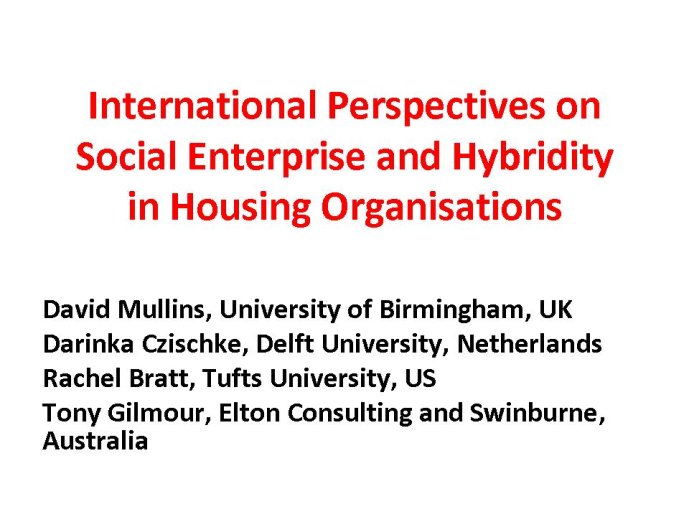
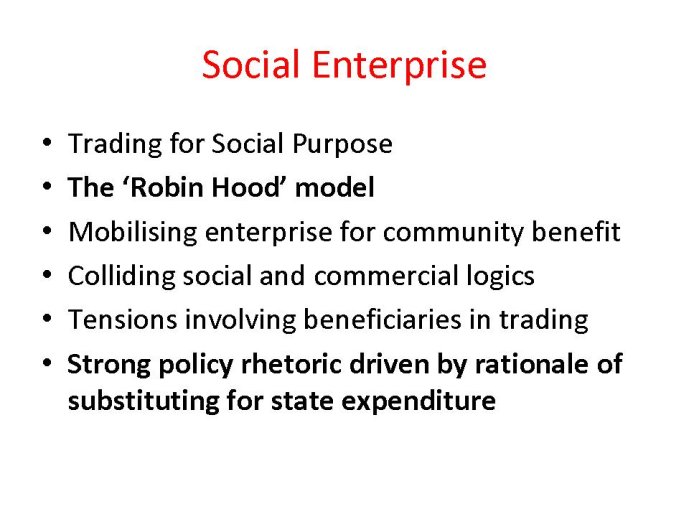
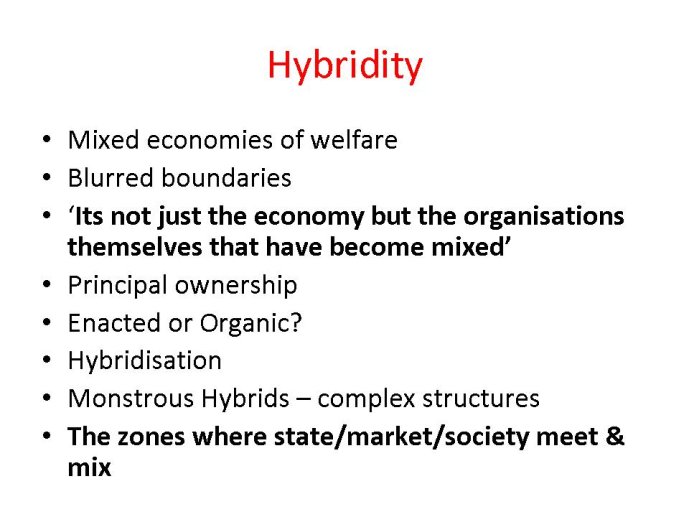
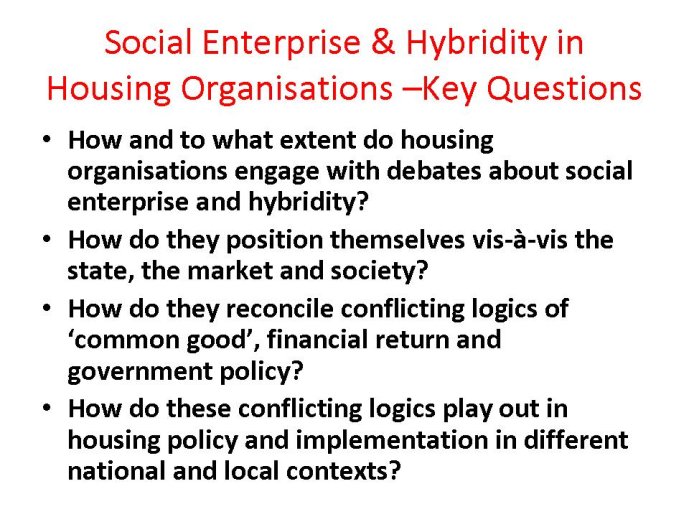
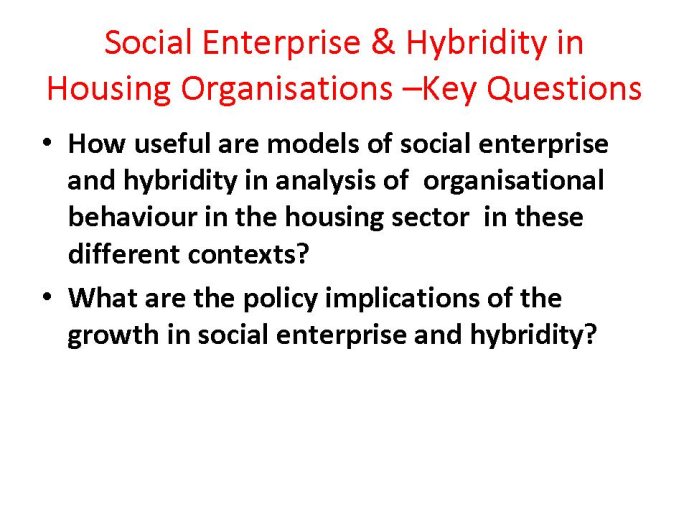
![Mixité, an urban and housing issue: ouverture du colloque [VO] / P. Boelhouwer, F. Ménard et al.](https://vod.canal-u.tv/videos/media/images/themes/sciences_humaines_sociales_de_l_education_et_de_l_information/sciences_de_la_societe/sociologie_anthropologie_ethnologie/sociologie/services_et_problemes_sociaux/mixite_an_urban_and_housing_issue_ouverture_du_colloque_vo_p_boelhouwer_f_menard_et_al/2175742-14-fre-FR/mixite_an_urban_and_housing_issue_ouverture_du_colloque_vo_p_boelhouwer_f_menard_et_al.gif)
![Mixité, an urban and housing issue: ouverture du colloque [VF] / P. Boelhouwer, F. Ménard et al.](https://vod.canal-u.tv/videos/media/images/themes/sciences_humaines_sociales_de_l_education_et_de_l_information/sciences_de_la_societe/sociologie_anthropologie_ethnologie/sociologie/services_et_problemes_sociaux/mixite_an_urban_and_housing_issue_ouverture_du_colloque_vf_p_boelhouwer_f_menard_et_al/2161572-30-fre-FR/mixite_an_urban_and_housing_issue_ouverture_du_colloque_vf_p_boelhouwer_f_menard_et_al.gif)
![Mixité, an urban and housing issue: introduction au colloque [VO]/ M.-C. Jaillet, Jean-Claude Driant](https://vod.canal-u.tv/videos/media/images/themes/sciences_humaines_sociales_de_l_education_et_de_l_information/sciences_de_la_societe/sociologie_anthropologie_ethnologie/sociologie/services_et_problemes_sociaux/mixite_an_urban_and_housing_issue_introduction_au_colloque_vo_m_c_jaillet_jean_claude_driant/2175399-10-fre-FR/mixite_an_urban_and_housing_issue_introduction_au_colloque_vo_m_c_jaillet_jean_claude_driant.gif)
![Mixité, an urban and housing issue: introduction au colloque [VF]/ M.-C. Jaillet, Jean-Claude Driant](https://vod.canal-u.tv/videos/media/images/themes/sciences_humaines_sociales_de_l_education_et_de_l_information/sciences_de_la_societe/sociologie_anthropologie_ethnologie/sociologie/services_et_problemes_sociaux/mixite_an_urban_and_housing_issue_introduction_au_colloque_vf_m_c_jaillet_jean_claude_driant/2162823-25-fre-FR/mixite_an_urban_and_housing_issue_introduction_au_colloque_vf_m_c_jaillet_jean_claude_driant.gif)
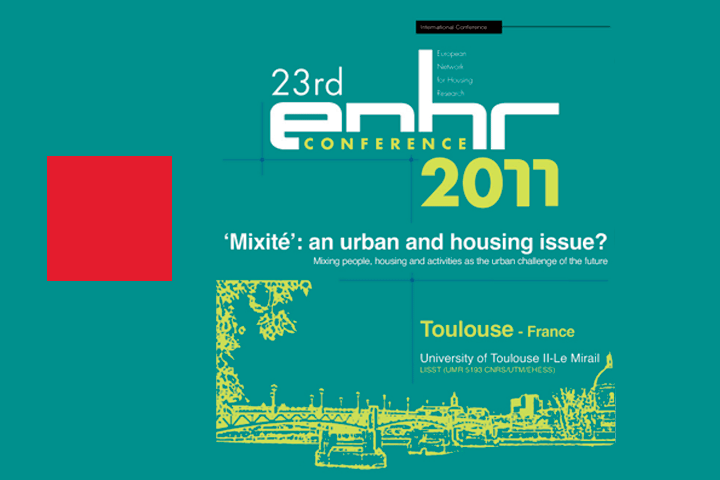
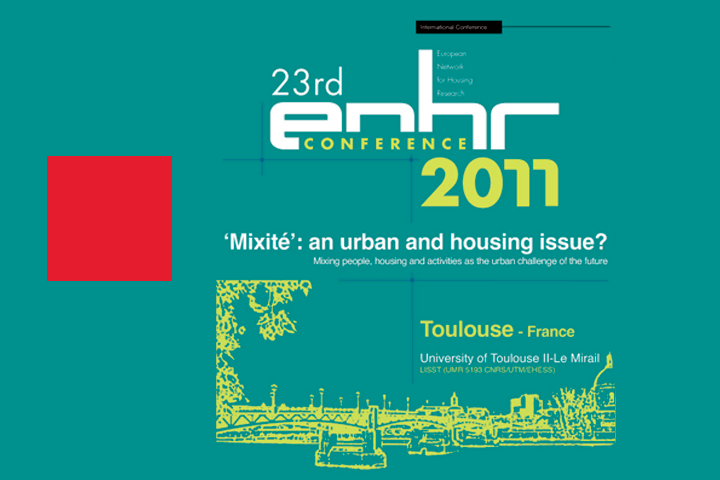
![Implementing "Mixité". Discourses and experiences of politicians and stakeholders: Round Table [VF]](https://vod.canal-u.tv/videos/media/images/themes/sciences_humaines_sociales_de_l_education_et_de_l_information/sciences_de_la_societe/sociologie_anthropologie_ethnologie/sociologie/services_et_problemes_sociaux/implementing_mixite_discourses_and_experiences_of_politicians_and_stakeholders_round_table_vf/2165463-16-fre-FR/implementing_mixite_discourses_and_experiences_of_politicians_and_stakeholders_round_table_vf.gif)
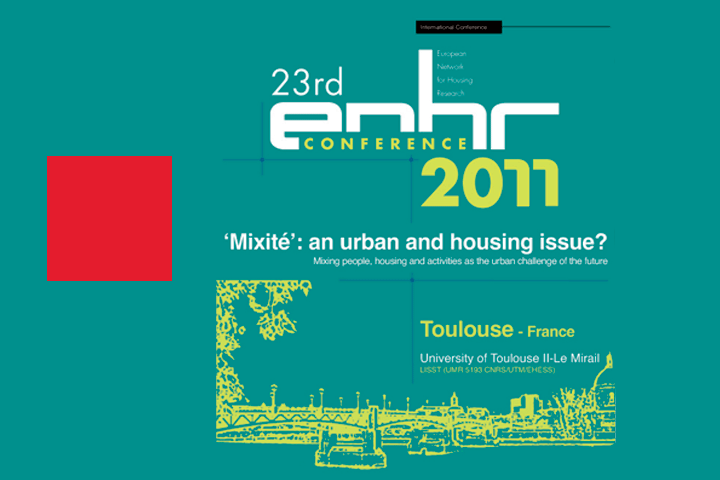
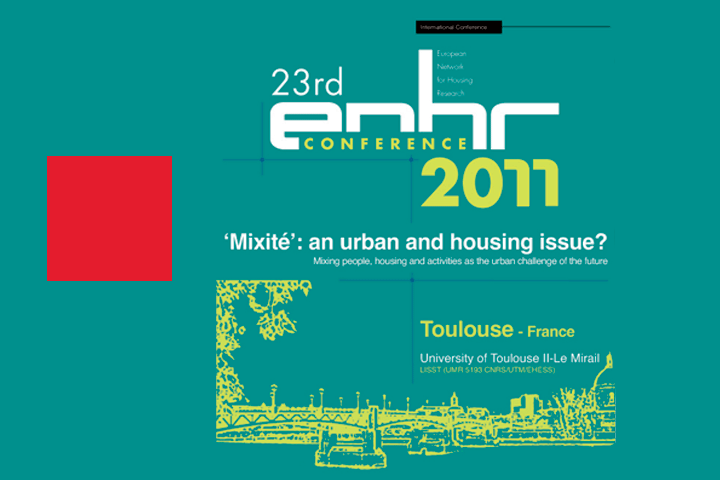
![Approaches, pratices, challenges of mixité in urban contexts: présentation plénière [VF]/ Ian Cole](https://vod.canal-u.tv/videos/media/images/themes/sciences_humaines_sociales_de_l_education_et_de_l_information/sciences_de_la_societe/sociologie_anthropologie_ethnologie/sociologie/services_et_problemes_sociaux/approaches_pratices_challenges_of_mixite_in_urban_contexts_presentation_pleniere_vf_ian_cole/2164972-9-fre-FR/approaches_pratices_challenges_of_mixite_in_urban_contexts_presentation_pleniere_vf_ian_cole.gif)
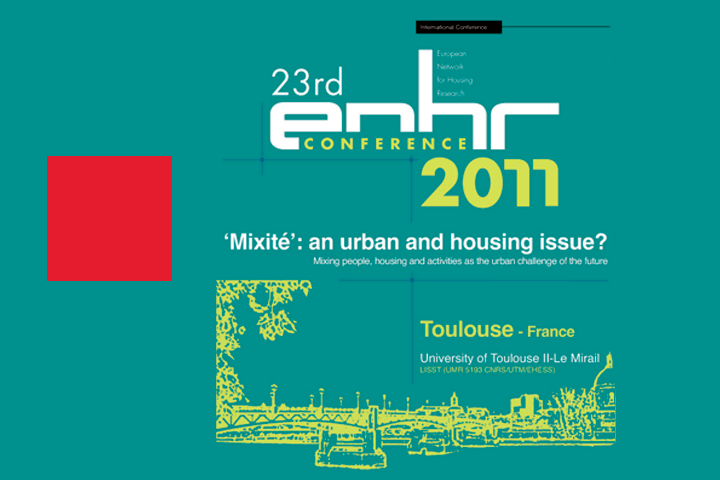
![The grammar of "mixed communities": urban injustice and the Aylesbury Estate [VF] / Loretta Lees](https://vod.canal-u.tv/videos/media/images/themes/sciences_humaines_sociales_de_l_education_et_de_l_information/sciences_de_la_societe/sociologie_anthropologie_ethnologie/sociologie/services_et_problemes_sociaux/the_grammar_of_mixed_communities_urban_injustice_and_the_aylesbury_estate_vf_loretta_lees/2165074-8-fre-FR/the_grammar_of_mixed_communities_urban_injustice_and_the_aylesbury_estate_vf_loretta_lees.gif)
![Perspectives on social enterprise and hybridity in housing organisations [VF] / D. Mullins](https://vod.canal-u.tv/videos/media/images/themes/sciences_humaines_sociales_de_l_education_et_de_l_information/sciences_de_la_societe/sociologie_anthropologie_ethnologie/sociologie/services_et_problemes_sociaux/perspectives_on_social_enterprise_and_hybridity_in_housing_organisations_vf_d_mullins/2164164-9-fre-FR/perspectives_on_social_enterprise_and_hybridity_in_housing_organisations_vf_d_mullins.gif)